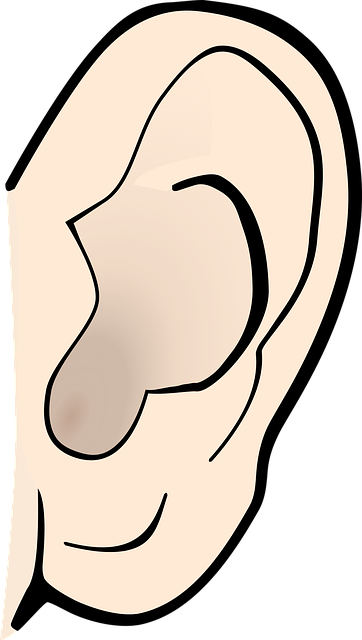Tinnitus: Symptoms, Causes and Treatments – Forbes Health – Forbes
There is no cure for tinnitus itself, but if it’s being caused by an underlying medical problem like an ear infection, treating that may help alleviate it. Likewise, if it’s being caused by medications, reducing or changing them in consultation with your doctor may help.
“For most people, the first six to nine months of tinnitus is the worst,” says Dr. Tyler. “And that’s a reasonable reaction: Tinnitus gets in the way of enjoying life. It can also affect hearing, con…….

There is no cure for tinnitus itself, but if it’s being caused by an underlying medical problem like an ear infection, treating that may help alleviate it. Likewise, if it’s being caused by medications, reducing or changing them in consultation with your doctor may help.
“For most people, the first six to nine months of tinnitus is the worst,” says Dr. Tyler. “And that’s a reasonable reaction: Tinnitus gets in the way of enjoying life. It can also affect hearing, concentration and sleep.” Dr. Tyler says that patients’ emotional reactions to tinnitus vary greatly depending on their existing challenges in everyday life, from intense distress to mild annoyance. Over time, he says, most people become more accepting of the condition.
If the tinnitus persists, especially if it’s interfering with your ability to sleep or concentrate, you may want to consider some of the following options:
Acupuncture. Research has found that this holistic health treatment can be effective for neurological tinnitus. However, just as each person responds individually to symptoms, so do people’s experiences with obtaining relief from acupuncture.
Medications. There are no prescription drugs that alleviate tinnitus symptoms, but doctors may prescribe anti-anxiety drugs or antidepressants for people who are experiencing intense anxiety or persistent depression due to their intrusive tinnitus symptoms.
Relaxation techniques. Because stress and anxiety—sometimes caused by the tinnitus itself—can worsen tinnitus symptoms, methods that lessen psychological distress can help. These include biofeedback, hypnotherapy, mindfulness-based stress reduction (MBSR), socializing with friends and family or engaging in favorite hobbies and sports.
Psychotherapy. There are a variety of psychotherapeutic practices that teach you how to gain better control over—and therefore acceptance—of tinnitus. These include: acceptance and commitment therapy (ACT), cognitive behavioral therapy (CBT), progressive tinnitus management (PTM), tinnitus activities treatment (TAT) and tinnitus retraining treatment (TRT).
Vagus nerve stimulation (VNS). A relatively new implant-device therapy approved for the treatment of epilepsy and chronic depression, VNS is being studied as a way to reduce tinnitus symptoms. At this point, the results aren’t sufficient to say it helps. There are other therapies that use implanted electrical devices as well: deep brain stimulation, repetitive transcranial magnetic stimulation, and transcranial direct current stimulation. The newest form of stimulation is known as bimodal neuromodulation and is delivered through the tongue. All are still experimental at this point and none are accepted as effective treatments yet.
Source: https://www.forbes.com/health/hearing-aids/tinnitus-causes-and-treatments/







